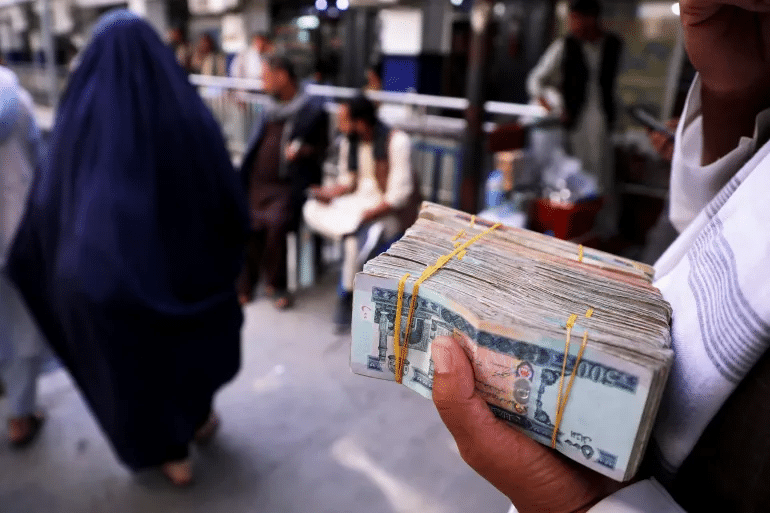
A recent report by the Center for Global Development (CGD) reveals that the suspension of US aid will have substantial economic repercussions for Afghanistan, predicting a 7% decrease in the country’s growth rate. Afghanistan is one of eight nations heavily reliant on foreign assistance, with the United States being a key contributor.
According to CGD, the country has long depended on the US, which accounts for 35% of all foreign aid delivered through the US Agency for International Development (USAID). The reduction in this aid is projected to severely impact Afghanistan’s overall economic performance, especially in sectors reliant on external financial support.
In Kabul, residents voiced their growing concerns over the potential economic challenges brought on by the reduction in foreign aid. Unemployment remains a significant issue, and many citizens are worried that the loss of aid could worsen their financial situation. There are calls for immediate assistance from the authorities to address the emerging difficulties and to mitigate the impacts on those most at risk.
While acknowledging the immediate hardships faced by some of Afghanistan’s citizens due to the aid suspension, the Ministry of Economy has downplayed its long-term effects on the national economy. Abdul Rahman Habib, the Ministry’s spokesperson, assured that despite the short-term negative impacts, the overall economic outlook would not be heavily affected.
«Although there will be short-term difficulties, especially for those dependent on aid, Afghanistan’s economy remains stable as it is primarily driven by domestic revenues,» Habib said.
Economic analysts, however, have raised concerns about the effectiveness of the aid provided by international organizations. Abdul Ghaffar Nazami, a prominent economic analyst, criticized the operational efficiency of aid organizations, arguing that many faced significant distribution issues. According to Nazami, the aid provided often lacked measurable impact on Afghanistan’s long-term economic development, rendering it less beneficial in achieving sustained growth.
In the past three years, the United States has invested more than $3 bn in aid to Afghanistan, making it the country’s largest external financial contributor. This aid has been critical to the nation’s reconstruction efforts following years of conflict.













